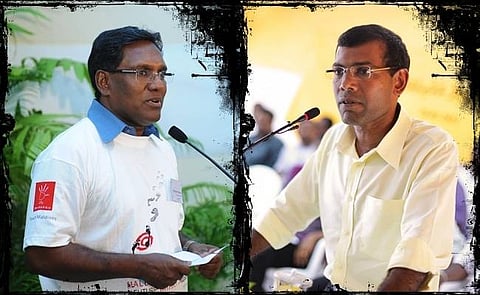February in History
What happened in the Maldives on 7 February this year has been the subject of constant debate ever since. The completion of the investigation into these events last month did little other than confirm the one thing that everybody already knew: that the winners of the power struggle that day were those who found themselves in charge come 8 February. The old maxim that history is written by the victors appeared to have been borne out as the Commission of National Inquiry (CoNI) not only absolved all those in the current government of any wrongdoing in the suspicious ousting of former president Mohamed Nasheed, but also laid upon Nasheed the blame for all the events preceding his resignation.
After a quasi-legal investigation, the final report read more like a political justification for the removal of an opponent than a genuine attempt to untangle the confusion surrounding the events, which many believe to have been a coup d'état. After half a year, the addition of two new members, and an additional month's delay, the commission's credibility was already under question. It came as no surprise, then, that the final draft brought no real agreement over the circumstances surrounding Mohamed Waheed Hassan's ascension to the presidency.

